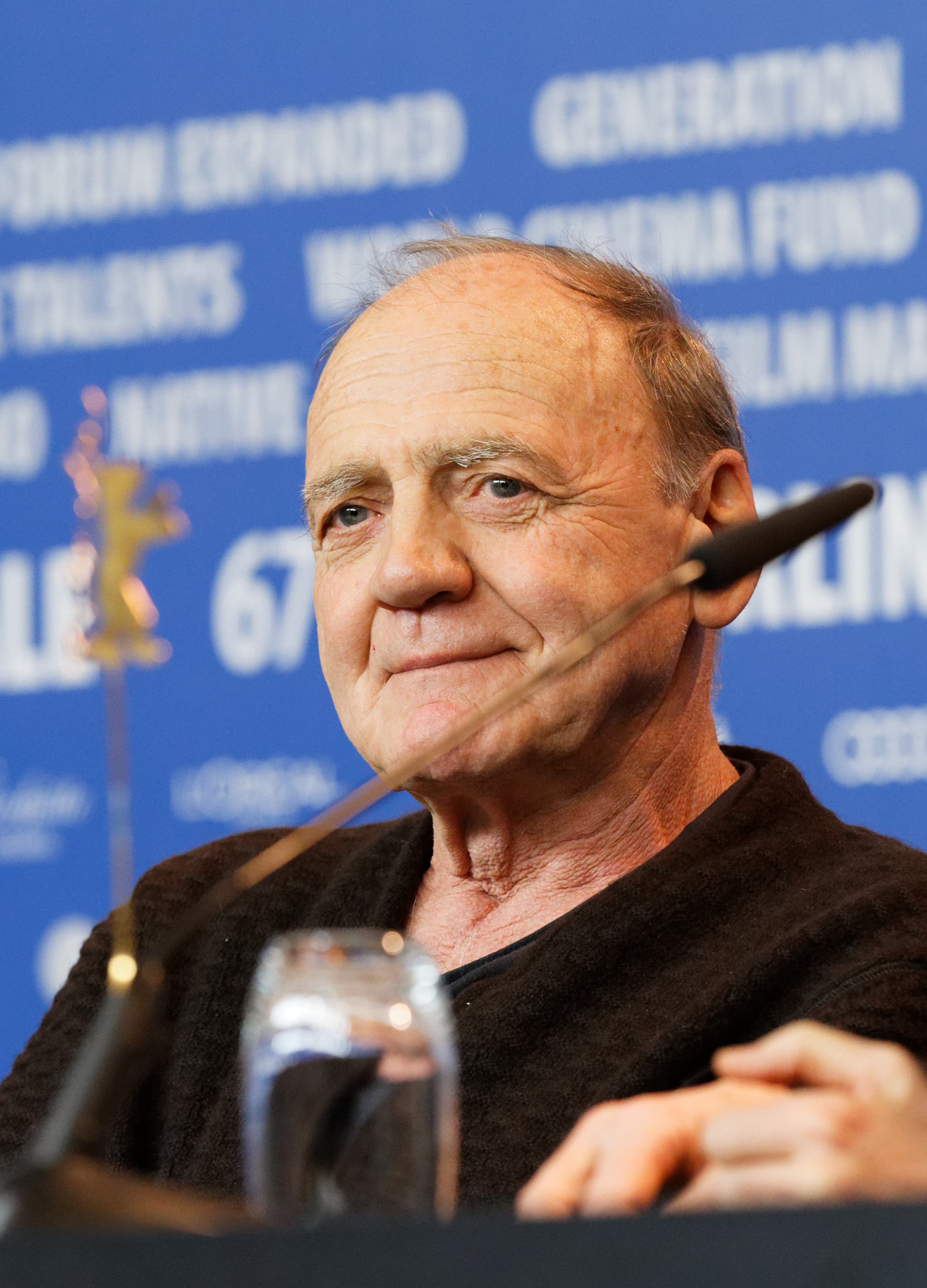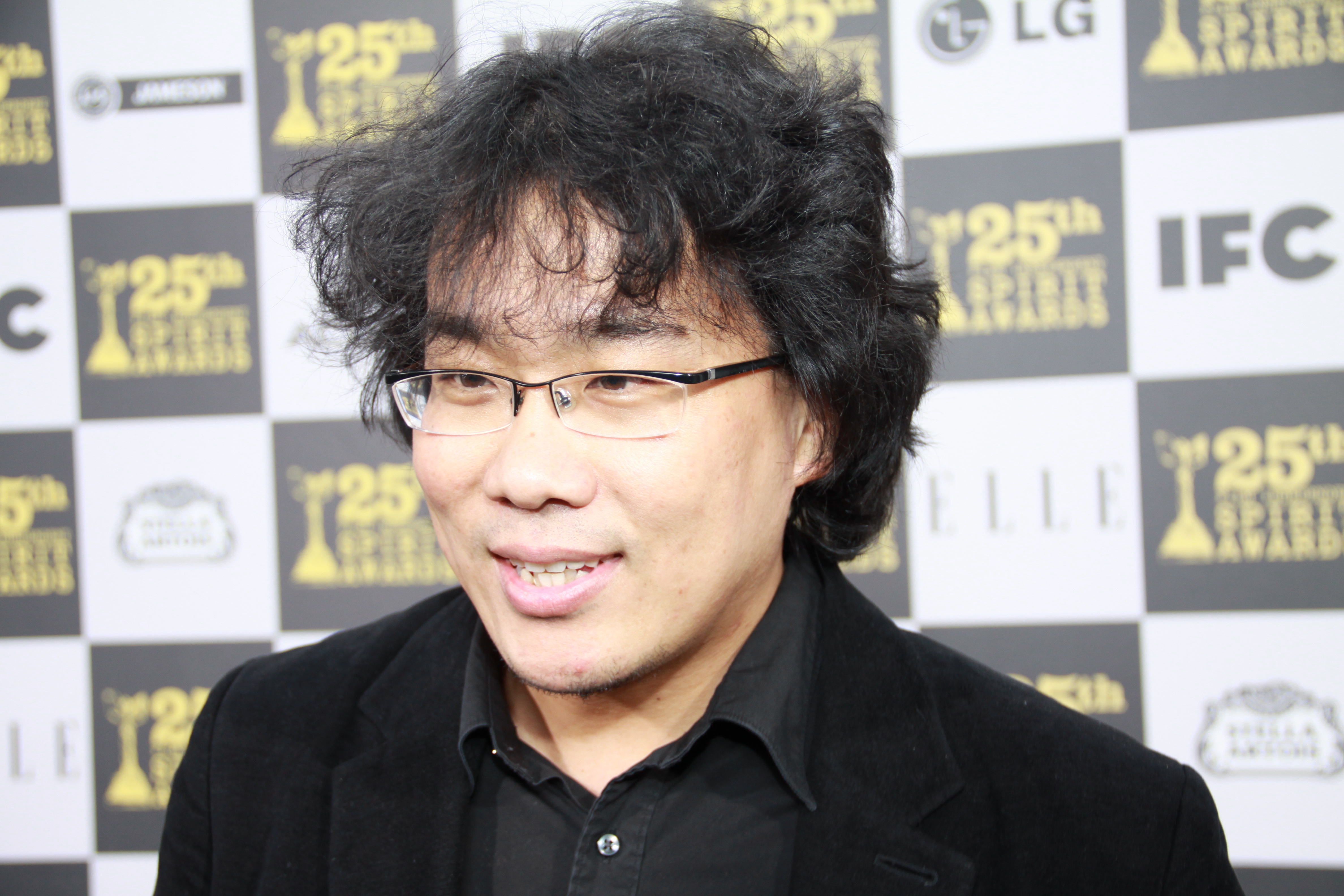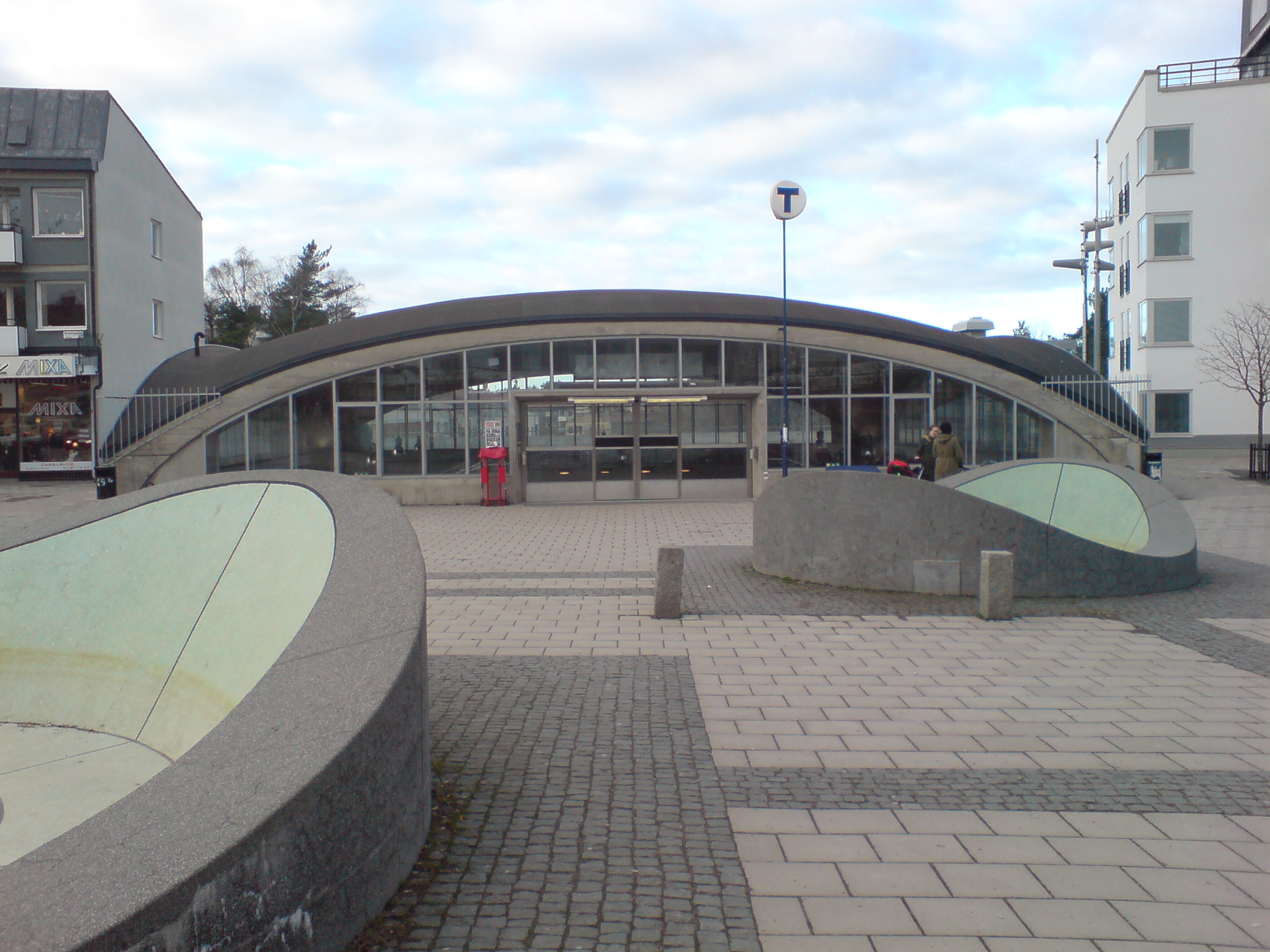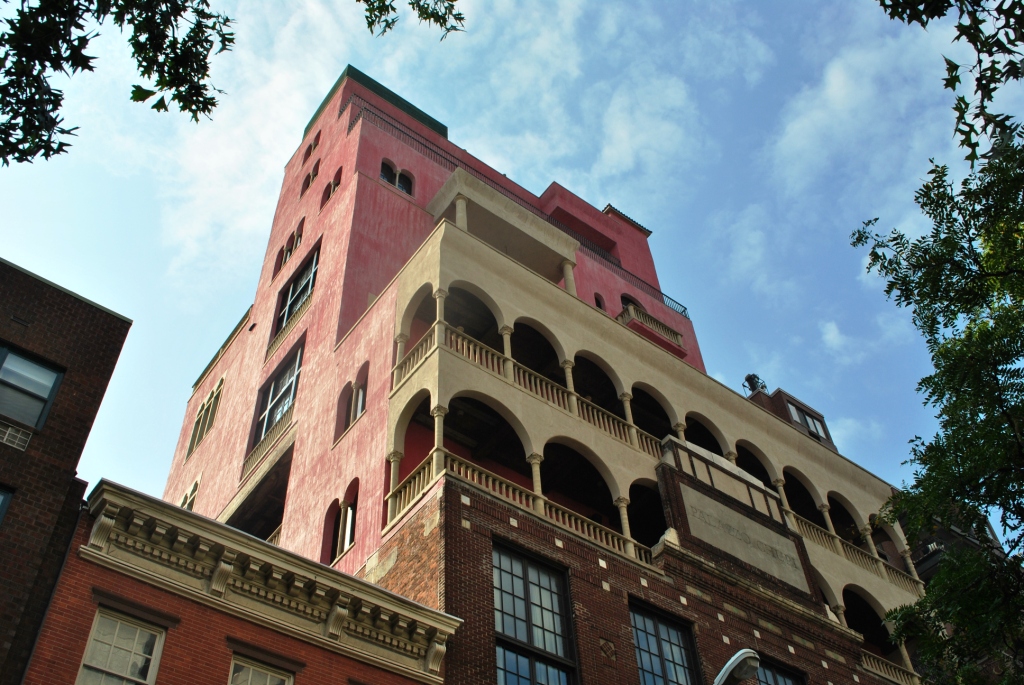|
Online Film Critics Society Award For Best Foreign Language Film
The Online Film Critics Society Award for Best Foreign Language Film (Best Film Not in the English Language) is an annual film award given by the Online Film Critics Society The Online Film Critics Society (OFCS) is an international professional association of online film journalists, historians and scholars who publish their work on the World Wide Web. The organization was founded in January 1997 by Harvey S. Karte ... to honor the best foreign language film of the year. Winners 1990s 2000s 2010s 2020s References * {{Online Film Critics Society Awards * Film awards for Best Foreign Language Film Lists of films by award ... [...More Info...] [...Related Items...] OR: [Wikipedia] [Google] [Baidu] |
Online Film Critics Society
The Online Film Critics Society (OFCS) is an international professional association of online film journalists, historians and scholars who publish their work on the World Wide Web. The organization was founded in January 1997 by Harvey S. Karten, an early online critic who discovered that membership in the New York Film Critics Circle was open only to journalists working for newspapers and magazines. Online critics have generally found it difficult to gain acceptance for their work, and one role of the OFCS is to provide professional recognition to the most prolific and successful online critics. Since 1997, the OFCS has given out annual awards that recognize the best films in about seventeen categories. These awards are noted in the established print media such as ''Variety'' and ''The Hollywood Reporter'', and are included in their annual speculation about the ultimate winners of the Academy Awards. Membership Critics whose primary media affiliation is a print publication, or ... [...More Info...] [...Related Items...] OR: [Wikipedia] [Google] [Baidu] |
Downfall (2004 Film)
''Downfall'' (german: Der Untergang, it, La caduta – Gli ultimi giorni di Hitler) is a 2004 German-language historical war drama film directed by Oliver Hirschbiegel from a screenplay by its producer, Bernd Eichinger. It is set during the Battle of Berlin in World War II, when Nazi Germany is on the verge of defeat, and depicts the final days of Adolf Hitler (portrayed by Bruno Ganz). The cast includes Alexandra Maria Lara, Corinna Harfouch, Ulrich Matthes, Juliane Köhler, Heino Ferch, Christian Berkel, Alexander Held, Matthias Habich, and Thomas Kretschmann. The film is a German-Austrian-Italian co-production. Principal photography took place from September to November 2003, on location in Berlin, Munich, and in Saint Petersburg, Russia. As the film is set in and around the ''Führerbunker'', Hirschbiegel used eyewitness accounts, survivors' memoirs, and other historical sources during production to reconstruct the look and atmosphere of 1940s Berlin. The screenplay wa ... [...More Info...] [...Related Items...] OR: [Wikipedia] [Google] [Baidu] |
Asghar Farhadi
Asghar Farhadi ( fa, اصغر فرهادی, ; born 7 May 1972)Soureh Movie Database is an Iranian film director and screenwriter. He has received critical acclaim for his international films which focus on the human condition as well as portray intimate and challenging stories of internal family conflicts. His films include the dramas '''' (2009), '''' (2011), '' The Past'' (2013), '' [...More Info...] [...Related Items...] OR: [Wikipedia] [Google] [Baidu] |
A Separation
''A Separation'' ( fa, جدایی, Jodâyi; also titled ''Nader and Simin, A Separation'') is a 2011 Iranian drama film written and directed by Asghar Farhadi, starring Leila Hatami, Peyman Moaadi, Shahab Hosseini, Sareh Bayat, and Sarina Farhadi. It focuses on an Iranian middle-class couple who separate, the disappointment and desperation suffered by their daughter due to the egotistical disputes and separation of her parents, and the conflicts that arise when the husband hires a lower-class caregiver for his elderly father, who suffers from Alzheimer's disease. ''A Separation'' won the Academy Award for Best Foreign Language Film in 2012, becoming the first Iranian film to win the award. It received the Golden Bear for Best Film and the Silver Bears for Best Actress and Best Actor at the 61st Berlin International Film Festival, becoming the first Iranian film to win the Golden Bear. It also won the Golden Globe for Best Foreign Language Film and the Asia Pacific Screen Award ... [...More Info...] [...Related Items...] OR: [Wikipedia] [Google] [Baidu] |
Bong Joon-ho
Bong Joon-ho (, ; Hanja: 奉俊昊; born September 14, 1969) is a South Korean film director, producer and screenwriter. The recipient of four Academy Awards, his filmography is characterised by emphasis on social themes, genre-mixing, black humor, and sudden tone shifts. He first became known to audiences and achieved a cult following with his directorial debut film, the black comedy ''Barking Dogs Never Bite'' (2000), before achieving both critical and commercial success with his subsequent films: the crime thriller ''Memories of Murder'' (2003), the monster film '' The Host'' (2006), the science fiction action film ''Snowpiercer'' (2013), and the black comedy thriller ''Parasite'' (2019), all of which are among the highest-grossing films in South Korea, with ''Parasite'' also being the highest-grossing South Korean film in history. All of Bong's films have been South Korean productions, although both ''Snowpiercer'' and ''Okja'' (2017) are mostly in the English language. T ... [...More Info...] [...Related Items...] OR: [Wikipedia] [Google] [Baidu] |
Mother (2009 Film)
''Mother'' () is a 2009 South Korean thriller film directed by Bong Joon-ho, starring Kim Hye-ja and Won Bin. The plot follows a mother who, after her intellectually disabled son is accused of the murder of a young girl, attempts to find the true killer in order to get her son freed. The film premiered on 16 May 2009 at the Cannes Film Festival in the Un Certain Regard section, and was released in South Korea on 28 May 2009. It received critical acclaim from critics, who praised Kim's performance, the direction and screenplay, and the film's uniqueness. Plot An unnamed widow lives alone with her only son, selling medicinal herbs in a small town in southern South Korea while conducting unlicensed acupuncture treatments for the town's women on the side to erase bad memories. Her son, Yoon Do-joon, is shy, but prone to attacking anyone who mocks his intellectual disability. She dotes on him and scolds him for hanging out with Jin-tae, a local thug. When Do-joon is nearly hit by a c ... [...More Info...] [...Related Items...] OR: [Wikipedia] [Google] [Baidu] |
Michael Haneke
Michael Haneke (; born 23 March 1942) is an Austrian film director and screenwriter. His work often examines social issues and depicts the feelings of estrangement experienced by individuals in modern society. Haneke has made films in French, German, and English and has worked in television and theatre, as well as cinema. He also teaches film direction at the Film Academy Vienna. His directorial debut, '' The Seventh Continent'', won the Bronze Leopard at the Locarno International Film Festival in 1989. He later won the Grand Prix at the 2001 Cannes Film Festival for '' The Piano Teacher'' and the Best Director Award for '' Caché'' at the 2005 Cannes Film Festival. He subsequently directed the 2007 remake of his controversial 1997 film ''Funny Games''. At the 2009 Cannes Film Festival, his film ''The White Ribbon'' won the Palme d'Or, and at the 67th Golden Globe Awards the film won the Golden Globe Award for Best Foreign Language Film. In 2012, his film '' Amour'' premie ... [...More Info...] [...Related Items...] OR: [Wikipedia] [Google] [Baidu] |
The White Ribbon
''The White Ribbon'' (german: Das weiße Band) is a 2009 German-language drama film, written and directed by Michael Haneke. Released in black-and-white, the film offers a dark depiction of society and family in a northern German village just before World War I. According to Haneke, ''The White Ribbon'' "is about the roots of evil. Whether it’s religious or political terrorism, it’s the same thing." The film premiered at the 62nd Cannes Film Festival in May 2009 where it won the Palme d'Or, followed by positive reviews and several other major awards, including the 2010 Golden Globe Award for Best Foreign Language Film. The film also received two nominations at the 82nd Academy Awards in 2009: Best Foreign Language Film (representing Germany) and Best Cinematography ( Christian Berger). Plot The memories of an unnamed elderly tailor form a parable from the distant year he worked as a village schoolteacher and met his fiancée Eva, a nanny. The setting is the fictitious Prot ... [...More Info...] [...Related Items...] OR: [Wikipedia] [Google] [Baidu] |
Tomas Alfredson
Hans Christian Tomas Alfredson (born 1 April 1965) is a Swedish film director who is best known internationally for directing the 2008 vampire film '' Let the Right One In'' and 2011 espionage film ''Tinker Tailor Soldier Spy''. Alfredson has received the Guldbagge award for Best Direction twice; in 2005 for ''Four Shades of Brown'', and in 2008 for ''Let the Right One In''. He is the son of director and actor Hans Alfredson and the brother of director Daniel Alfredson. Early life Alfredson was born in 1965 in Lidingö, Stockholms län, Sweden, the son of Gunilla and comedian, writer, and director Hans "Hasse" Alfredson. Tomas was used to being treated differently from an early age. " smallnumber of people were public property, and he was one of them," Alfredson said of his father. Hasse was seldom home, and Tomas was mostly raised by his mother. "But I participated in asse'sfilm productions every summer, it was probably a way for us to reach each other (...) I thought it was ... [...More Info...] [...Related Items...] OR: [Wikipedia] [Google] [Baidu] |
Let The Right One In (film)
''Let the Right One In'' ( sv, Låt den rätte komma in) is a 2008 Swedish Romance film, romantic horror film directed by Tomas Alfredson, based on the 2004 Let the Right One In (novel), novel of the same title by John Ajvide Lindqvist, who also wrote the screenplay. The film tells the story of a bullied 12-year-old boy who develops a friendship with a strange child in Blackeberg, a suburb of Stockholm, in the early 1980s. A film adaptation of Lindqvist's novel began development in 2004 when John Nordling acquired the rights to produce the project. Alfredson, unconcerned with the Horror film, horror and Vampire films, vampire conventions, decided to tone down many elements of the novel and focus primarily on the relationship between the two main characters and explore the darker side of humanity. Selecting the lead actors involved a year-long process with open castings held all over Sweden. In the end, Kåre Hedebrant and Lina Leandersson were chosen for the leading roles. Leande ... [...More Info...] [...Related Items...] OR: [Wikipedia] [Google] [Baidu] |
Julian Schnabel
Julian Schnabel (born October 26, 1951) is an American painter and filmmaker. In the 1980s, he received international attention for his "plate paintings" — with broken ceramic plates set onto large-scale paintings. Since the 1990s, he has been a proponent of independent arthouse cinema. Schnabel directed ''Before Night Falls'', which became Javier Bardem's breakthrough Academy Award-nominated role, and '' The Diving Bell and the Butterfly'', which was nominated for four Academy Awards. For the latter, he won the Cannes Film Festival Award for Best Director and the Golden Globe Award for Best Director, as well as receiving nominations for the Academy Award for Best Director and the César Award for Best Director. Biography Early life and education Schnabel was born in Brooklyn, New York to a Jewish family, the son of Esta (née Greenberg) and Jack Schnabel. He moved with his family to Brownsville, Texas in 1965. He received his B.F.A. at the University of Houston. After graduati ... [...More Info...] [...Related Items...] OR: [Wikipedia] [Google] [Baidu] |
The Diving Bell And The Butterfly (film)
''The Diving Bell and the Butterfly'' (french: Le Scaphandre et le Papillon) is a 2007 biographical drama film directed by Julian Schnabel and written by Ronald Harwood. Based on Jean-Dominique Bauby's 1997 memoir of the same name, the film depicts Bauby's life after suffering a massive stroke that left him with a condition known as locked-in syndrome. Bauby is played by Mathieu Amalric. ''The Diving Bell and the Butterfly'' won awards at the Cannes Film Festival, the Golden Globes, the BAFTAs, and the César Awards, and received four Oscar nominations. Several critics later listed it as one of the best films of its decade. It ranks in BBC's 100 Greatest Films of the 21st Century. Plot The first third of the film is told from the main character's, Jean-Dominique Bauby (Mathieu Amalric), or Jean-Do as his friends call him, first person perspective. The film opens as Bauby wakes from his three-week coma in a hospital in Berck-sur-Mer, France. After an initial rather over-optim ... [...More Info...] [...Related Items...] OR: [Wikipedia] [Google] [Baidu] |






